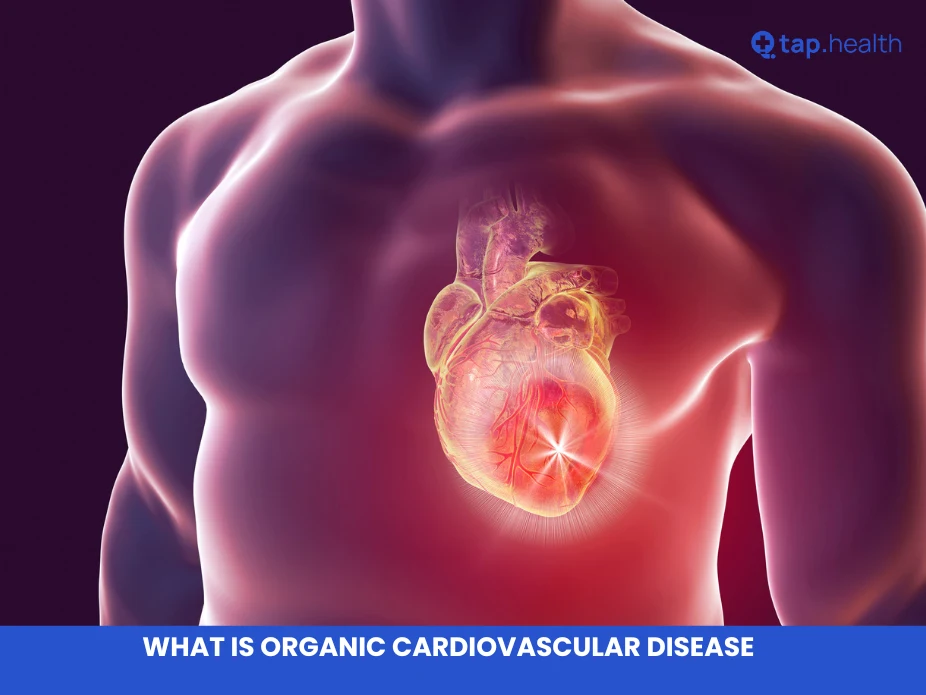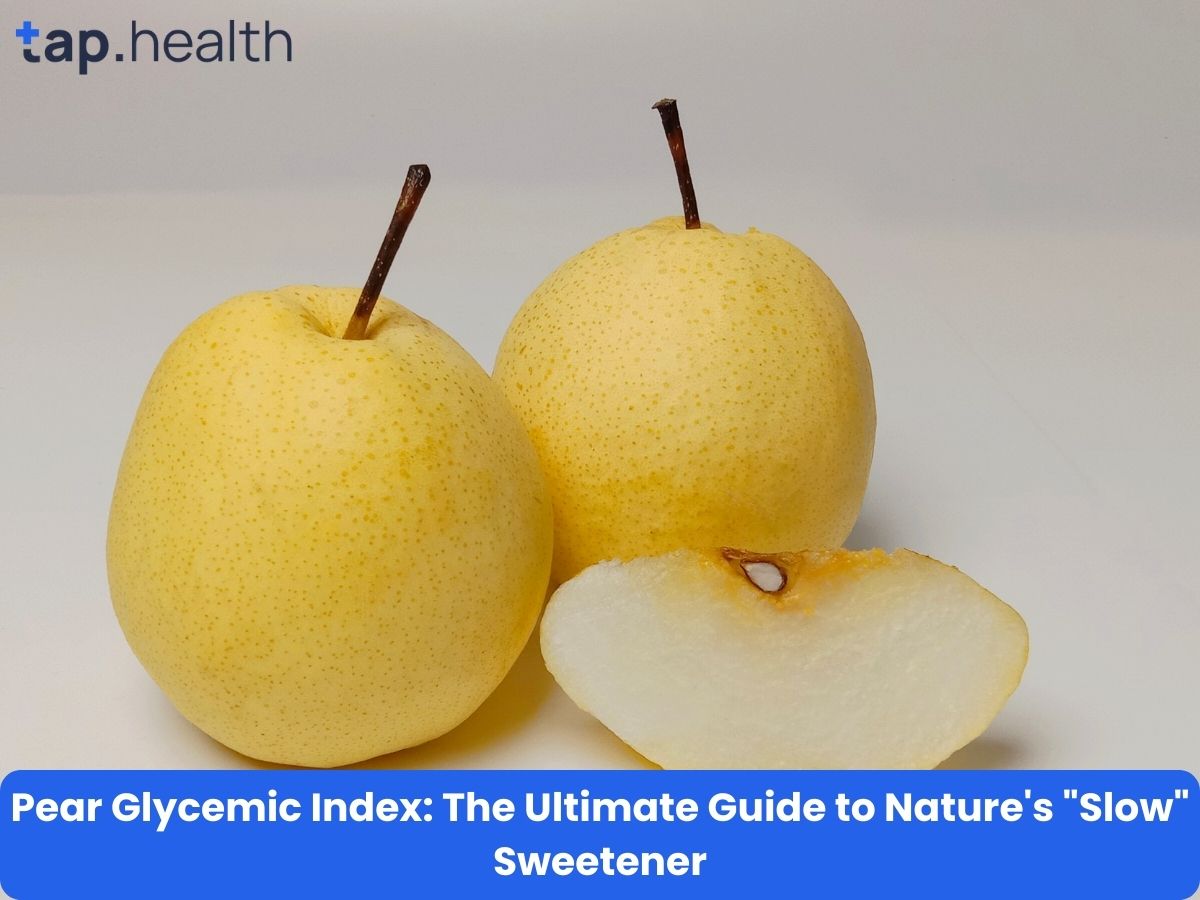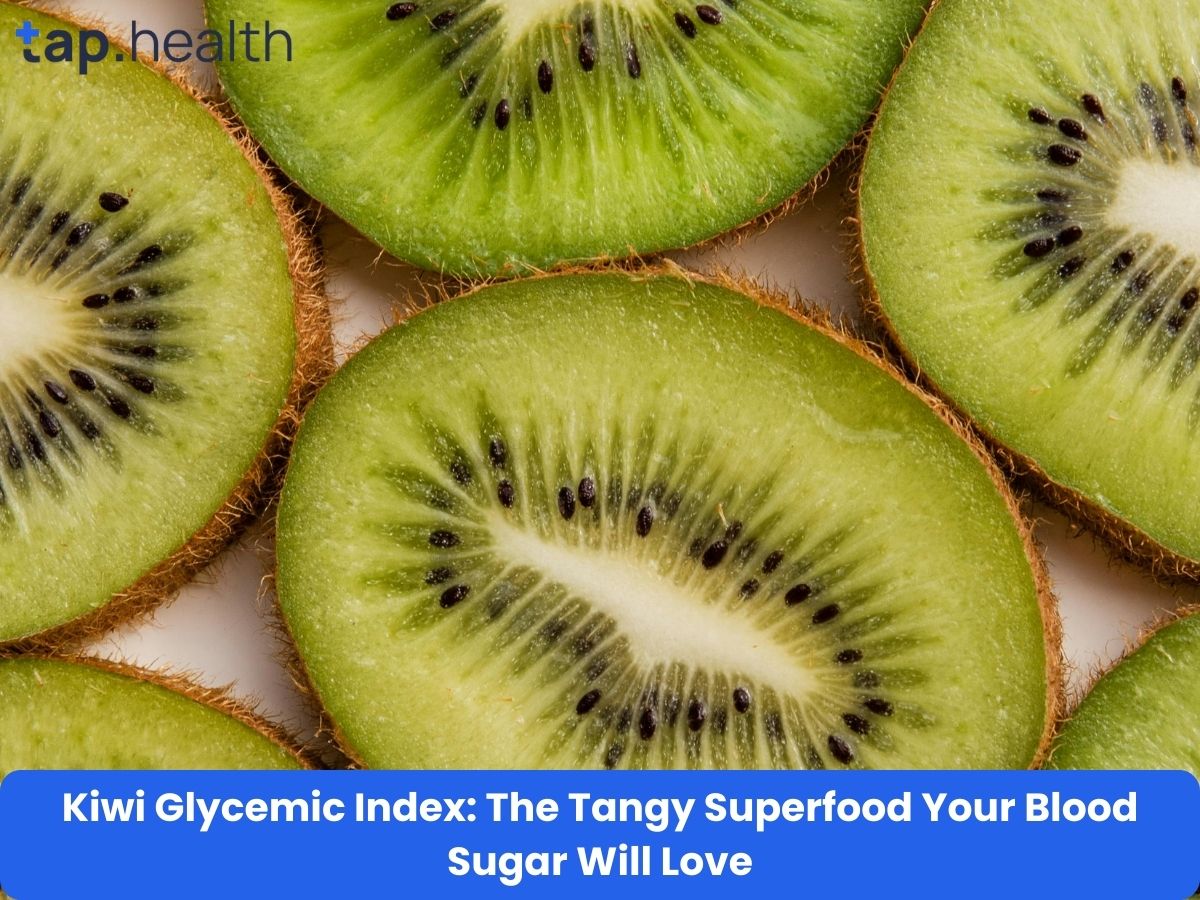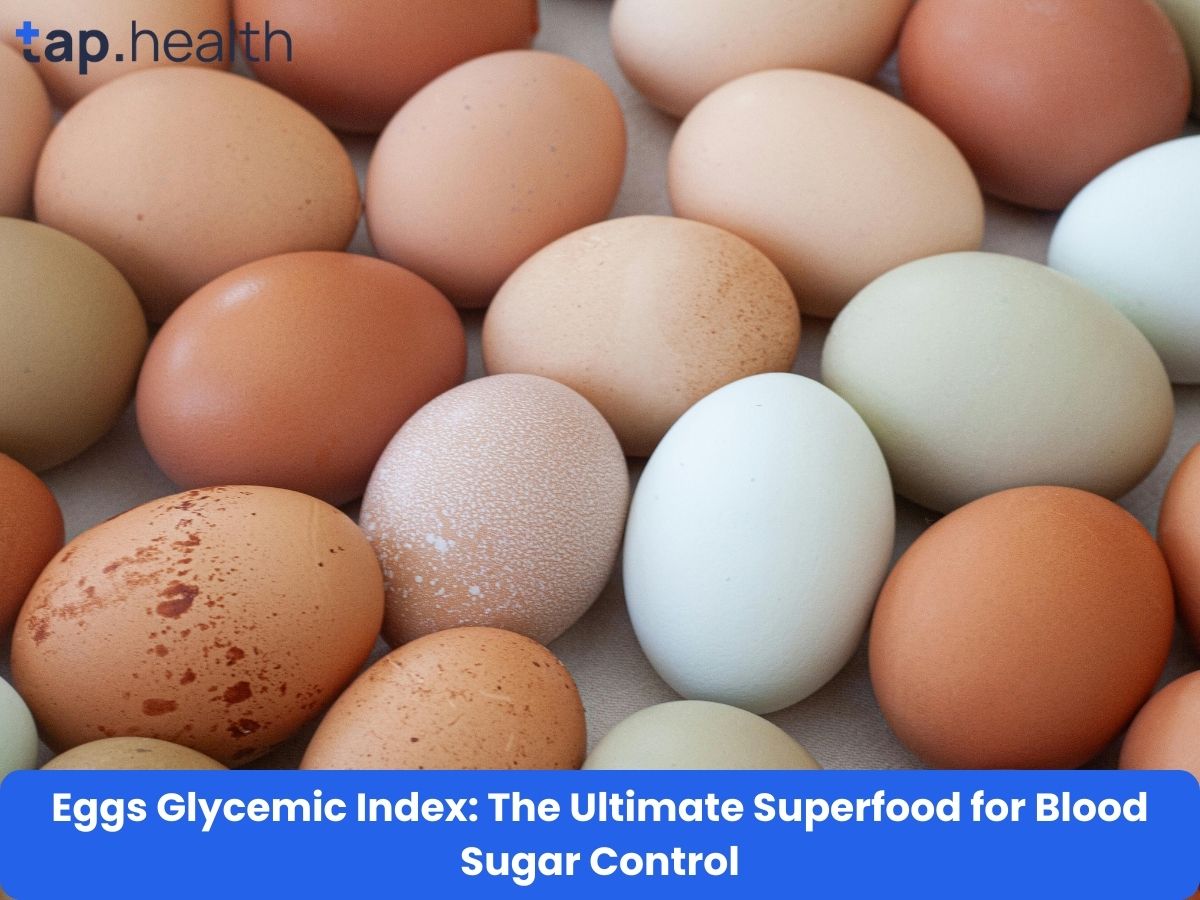Introduction
Cardiovascular diseases (CVD) are among the leading causes of death worldwide. But when we talk about “organic cardiovascular disease,” the term may sound unfamiliar to many. So, what exactly is it? In simple terms, organic cardiovascular disease refers to structural damage or defects in the heart or blood vessels caused by physical changes rather than functional or lifestyle factors alone.
This blog explains organic cardiovascular disease in easy-to-understand language, explores real-life stories, and provides expert advice, making it accessible for everyone.
What is Organic Cardiovascular Disease?
Organic cardiovascular disease involves physical damage or abnormalities in the heart or blood vessels, often caused by underlying conditions such as:
- Congenital Heart Defects: Problems in the heart’s structure present from birth.
- Valvular Heart Disease: Damage or dysfunction in one or more of the heart valves.
- Atherosclerosis: Buildup of plaque in the arteries, leading to reduced blood flow.
- Cardiomyopathy: Weakening or stiffening of the heart muscle.
- Endocarditis: Infection of the inner lining of the heart.
Unlike functional cardiovascular diseases, which are primarily caused by issues like high blood pressure or stress, organic cardiovascular diseases are rooted in physical or structural abnormalities.
What Causes Organic Cardiovascular Disease?
1. Genetic Factors
Some individuals are born with structural heart defects due to inherited genetic mutations.
2. Infections
Conditions like rheumatic fever and bacterial endocarditis can cause permanent damage to the heart’s structure.
3. Aging
Age-related wear and tear can lead to diseases such as aortic stenosis or cardiomyopathy.
4. Lifestyle and Environmental Factors
While organic cardiovascular disease primarily involves structural changes, smoking, poor diet, and lack of exercise can worsen these conditions.
Symptoms of Organic Cardiovascular Disease
The symptoms depend on the specific type of disease but often include:
- Shortness of breath
- Chest pain or discomfort
- Fatigue or weakness
- Swelling in the legs or abdomen
- Heart palpitations
- Dizziness or fainting
If you experience these symptoms, consult a doctor immediately for proper diagnosis and treatment.
Real-Life Scenarios
Vijay’s Journey: Living with Aortic Stenosis
Vijay, a 60-year-old farmer from Gujarat, noticed he was getting tired after short walks. He also experienced chest pain while working in the fields. A doctor diagnosed him with aortic stenosis, a type of organic cardiovascular disease caused by the narrowing of the aortic valve. After a successful valve replacement surgery, Vijay was able to return to his daily activities.
Meena’s Story: A Mother’s Concern for Her Child
Meena, a homemaker in Chennai, was heartbroken when her newborn daughter was diagnosed with a congenital heart defect. With timely medical intervention and surgery, her child grew up healthy, emphasizing the importance of early diagnosis and treatment.
Expert Contributions
Dr. Ramesh Patil’s Insights on Organic Cardiovascular Disease
Dr. Ramesh Patil, a cardiologist from Pune, shares his views:
“Organic cardiovascular diseases often require a combination of lifestyle changes, medication, and surgical interventions. Unlike functional diseases, these conditions are not reversible through lifestyle alone. Early diagnosis and continuous monitoring are critical to managing these diseases effectively.”
Recommendations Grounded in Proven Research and Facts
If you or a loved one is dealing with organic cardiovascular disease, here are evidence-based tips to manage it effectively:
- Follow Medical Advice: Stick to the treatment plan prescribed by your doctor, which may include medication or surgery.
- Adopt a Heart-Healthy Diet: Eat plenty of fruits, vegetables, lean proteins, and whole grains to reduce stress on your heart.
- Stay Active: Engage in light to moderate physical activities as recommended by your doctor.
- Monitor Symptoms: Keep a journal of your symptoms to track any changes and share it with your healthcare provider.
- Quit Smoking: Smoking worsens cardiovascular conditions and hinders recovery.
- Stay Educated: Learn about your condition to make informed decisions about your health.
Factual and Reliable Information
Research Insights
- A study published in the Journal of the American College of Cardiology found that structural abnormalities like valvular heart diseases are common in people over 60.
- The World Health Organization (WHO) emphasizes the importance of early diagnosis to prevent complications in congenital heart defects.
- Data from the National Heart, Lung, and Blood Institute highlights that untreated organic cardiovascular diseases significantly increase the risk of heart failure.
FAQ: What is Organic Cardiovascular Disease?
1. What is the difference between organic and functional cardiovascular diseases?
Organic cardiovascular disease involves structural damage to the heart or blood vessels, while functional diseases are due to reversible factors like high blood pressure or stress.
2. Is organic cardiovascular disease curable?
Some forms can be managed or corrected through surgery, medication, or lifestyle changes, but others may require lifelong management.
3. How is organic cardiovascular disease diagnosed?
Doctors use tests like echocardiograms, CT scans, and MRIs to identify structural abnormalities in the heart.
4. Can children have organic cardiovascular disease?
Yes, congenital heart defects are a type of organic cardiovascular disease that occurs in children.
5. What lifestyle changes help manage these diseases?
Adopting a heart-healthy diet, staying active, quitting smoking, and managing stress can improve overall heart health.
Organic cardiovascular disease is a complex condition that involves physical damage to the heart or blood vessels. While it can be life-threatening if left untreated, advances in medical science offer hope for effective management and treatment. By understanding the condition, seeking timely medical advice, and following expert recommendations, you can lead a healthier, more fulfilling life.
Remember: Your heart’s health is in your hands. Stay informed, take action early, and prioritize regular checkups to keep your heart strong and healthy.



